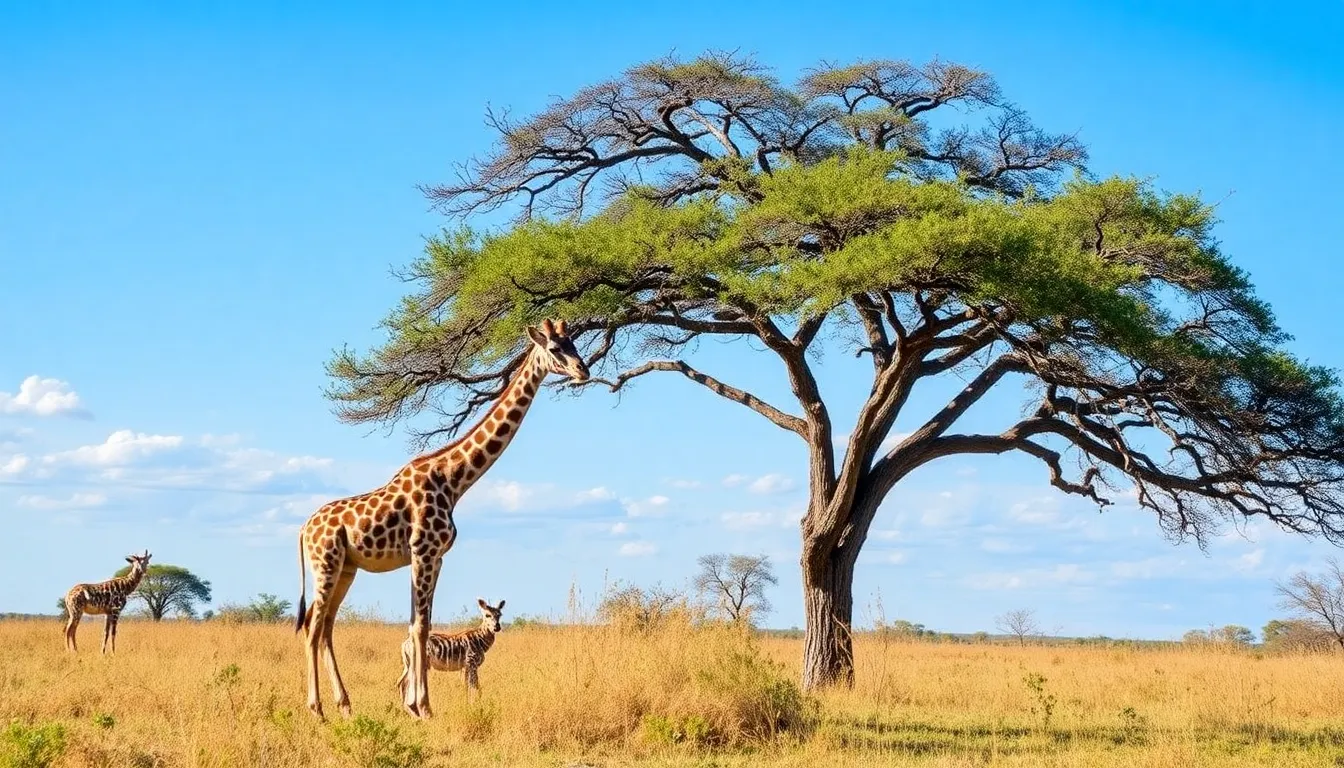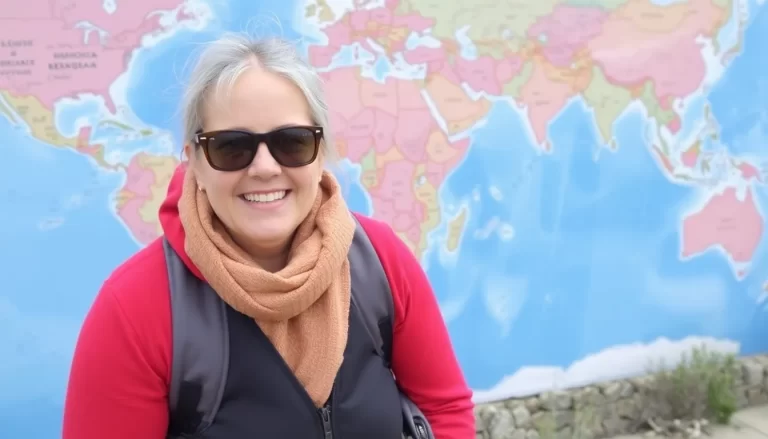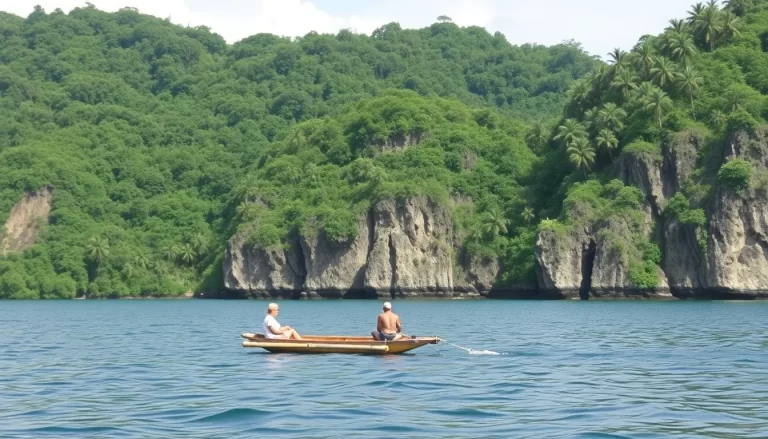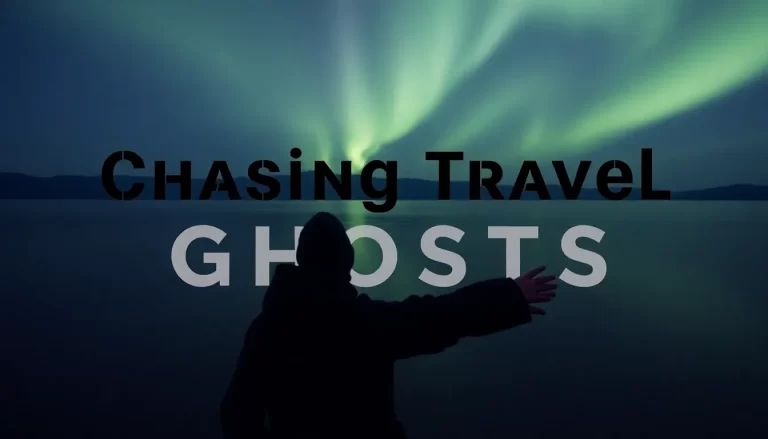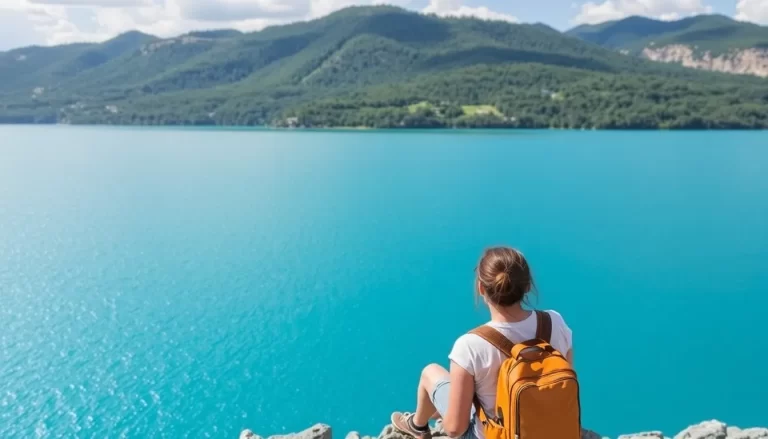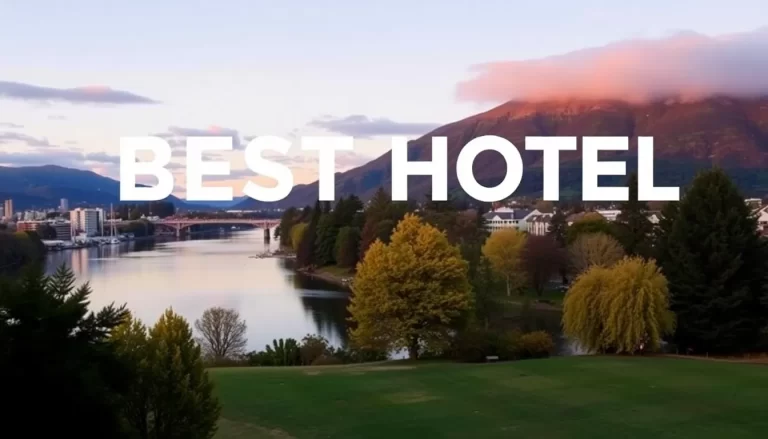Kruger National Park is more than just a destination; it’s a gateway to the primal beauty of Africa. For anyone with a thirst for adventure and a love for wildlife, this park is a must-visit. With its expansive landscapes and diverse ecosystems, a safari in Kruger offers a profound connection to nature that is both exhilarating and humbling.
Having recently returned to the hustle and bustle of urban life in New York City after an extensive six-week journey through various countries, including South Africa, the memories of my safari experience linger vividly. This adventure allowed me to encounter magnificent animals in their natural habitats, enriching my understanding of wildlife conservation and the delicate balance of ecosystems.
Planning your safari: how many days do you need for Kruger National Park?
When considering a safari in Kruger National Park, it’s essential to plan your stay wisely to maximize your experience. Most visitors recommend spending at least three days in the park, which allows ample time to explore different regions and observe a variety of wildlife. Here’s how you can break it down:
- Day 1: Arrival and afternoon game drive to get a taste of the park’s wildlife.
- Day 2: Full day of exploring, including morning and evening drives for the best sighting opportunities.
- Day 3: Another day of exploration or a guided walking safari to learn more about the flora and fauna.
For those with more time, extending your stay to five days or more can provide a deeper understanding of the park’s ecosystems and the chance to witness various animal behaviors throughout different times of the day.
Comparing safaris: Kruger versus Serengeti
Both Kruger National Park and Serengeti National Park are iconic destinations for wildlife enthusiasts, but they offer distinct experiences. Here’s a comparative look at both parks:
- Wildlife Diversity: Kruger is home to a vast array of species, including the Big Five (lion, leopard, elephant, buffalo, and rhinoceros), along with countless other mammals, birds, and reptiles. Serengeti hosts the Great Migration, where millions of wildebeest and zebras cross its plains annually.
- Accessibility: Kruger is more accessible for self-driving tourists due to its well-maintained roads and numerous accommodations within the park. Serengeti often requires more planning and guided tours to navigate effectively.
- Scenery: Kruger features a mix of ecosystems, from savannahs to dense bush, while Serengeti is famed for its endless grasslands and spectacular sunsets.
Ultimately, the better choice depends on what you seek in your safari experience. If you’re drawn to large herds and migratory patterns, Serengeti is unparalleled. However, for diverse wildlife encounters and the charm of self-exploration, Kruger stands out.
What to explore after your Kruger safari
After your unforgettable safari experience in Kruger National Park, consider extending your adventure. Nearby attractions include:
- Blyde River Canyon: One of the largest canyons in the world, offering breathtaking views and hiking trails.
- Panorama Route: This scenic route features waterfalls, viewpoints, and the stunning God’s Window lookout.
- Mpumalanga: Known for its rich cultural heritage and beautiful landscapes, this region offers various activities, including cultural tours and hiking.
Each of these destinations enriches your African journey, providing a broader understanding of the region’s natural beauty and cultural significance.
Is Kruger Park worth the visit?
The resounding answer from travelers is a definitive yes. Kruger National Park is often regarded as one of the best safari destinations in the world due to its extensive wildlife, well-maintained infrastructure, and the opportunity for self-drive safaris. Some key reasons why it’s worth visiting include:
- Wildlife Viewing: The park boasts a population of over 147 species of mammals, including elusive predators and majestic herbivores.
- Birdwatching: With more than 500 bird species, it’s a haven for bird enthusiasts.
- Conservation Efforts: The park is at the forefront of wildlife conservation, providing insight into the importance of protecting endangered species.
Every corner of Kruger presents a new opportunity to witness the beauty of the animal kingdom, making it a paradise for nature lovers.
Experiencing the magic of Kruger: what to expect
A safari in Kruger National Park is not just about observing animals; it’s about immersing yourself in the rhythms of the African savannah. From the moment you enter the park, you are enveloped by an atmosphere of serene wilderness. The sounds of nature—the rustle of leaves, the calls of birds, and the distant roars of lions—create an unforgettable soundtrack to your adventure.
Throughout your stay, you can expect:
- Guided Tours: Knowledgeable guides enhance the experience, offering insights into the behaviors and interactions of wildlife.
- Night Safaris: These unique experiences reveal a different side of the park, with nocturnal animals coming to life under the stars.
- Stunning Landscapes: The park’s diverse terrain offers dramatic scenery, from rolling hills to vast plains.
Every moment spent in Kruger is a reminder of the intricate beauty of nature, providing memories that will last a lifetime.
Essential tips for visiting Kruger National Park
To ensure a smooth and enjoyable experience during your safari, keep these tips in mind:
- Book in Advance: Accommodations can fill up quickly, especially during peak seasons. Plan ahead!
- Pack Essentials: Bring binoculars, a good camera, sunscreen, and insect repellent to enhance your safari experience.
- Respect Wildlife: Keep a safe distance from animals and follow park rules to ensure both your safety and that of the wildlife.
Visiting Kruger National Park is a chance to connect with nature in its purest form. Whether you’re spotting a herd of elephants or marveling at a pride of lions, the memories you create will stay with you long after you leave the park.
As you reflect on your journey, remember that each visit supports conservation efforts, helping to protect these incredible ecosystems for future generations to enjoy.

